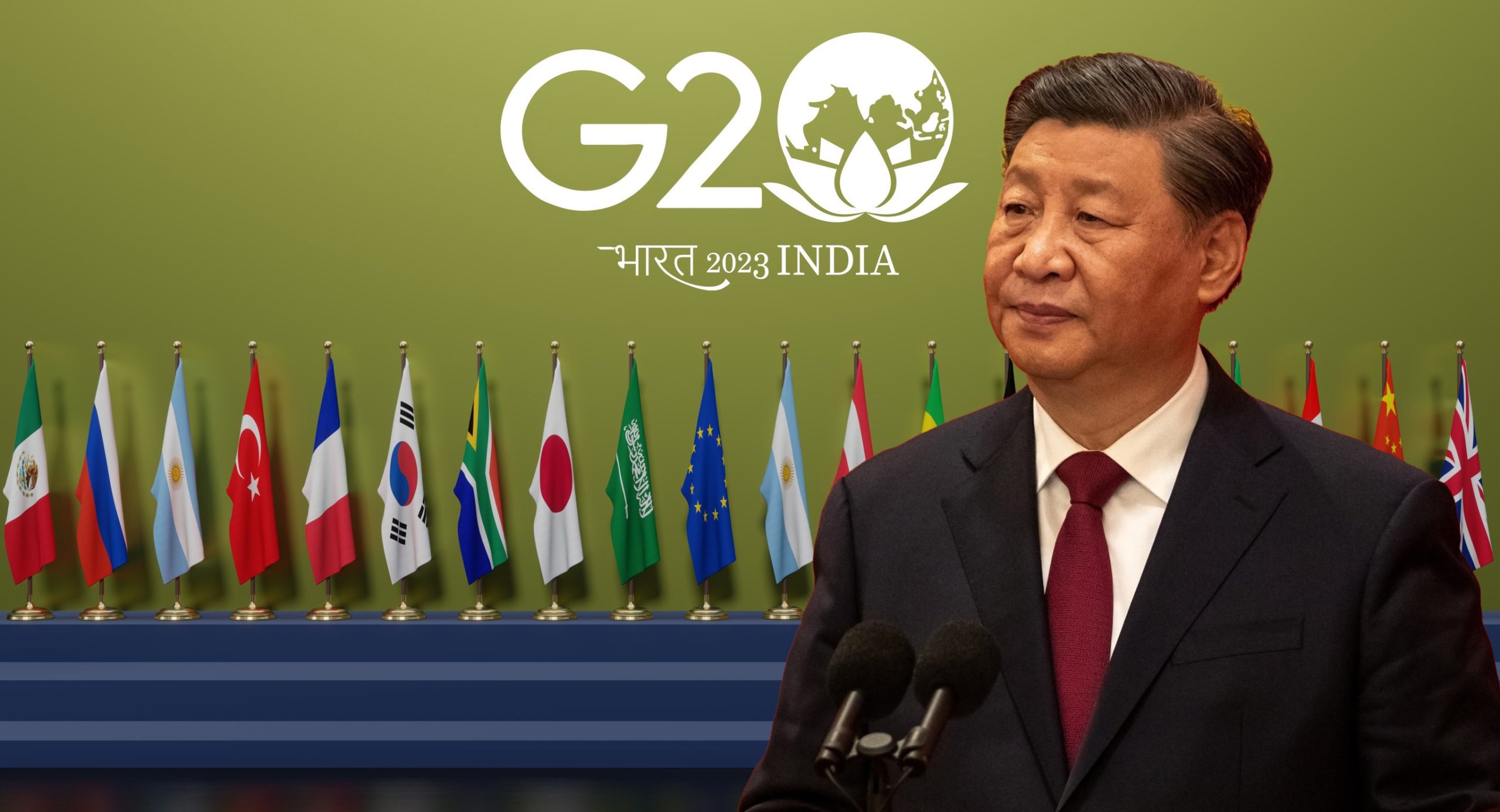The Gang Of Four
“This Japanese scotch is amazing,” said Chow Yen, “Far smoother than I ever imagined.”
“I am glad,” said Anders, “I was not sure if you would like it. I find it amazing.”
Faizal sipped on his orange juice. “Okay, whose turn is it today? And what is the problem we need to solve?”
“My turn,” I said, “and thanks for taking the time. Remember, when we last met, I spoke about recruiting a senior manager for our engineering services division? It’s been five weeks and almost 20 candidate interviews and we are still far from finding the right person.”
Chow Yen leaned forward. “20 interviews? Wow, that’s a lot!” Chow Yen was the General Manager of a logistics company and ran a team of more than 500 people.
“I agree,” said Anders, “20 interviews means at least 200 candidates? That’s a lot of time and resource to fill one position.” Anders was the COO of a shipping company with operations across the world.
“I know,” I said glumly, “that is why I need the help of the Gang of Four.”
Faizal laughed. “You are not going to let that name go, Shesh?” he asked, “We sound like a set of B-movie villains!” Faizal was regional CEO of a global manufacturing company.
The Perfect Employee
“If it was good enough for Sherlock Holmes, it’s good enough for me,” I shot back. “Coming to the issue at hand, my question is this – what qualities make up a perfect employee? What should we be looking for and testing for? Somehow, all my recruitment policies and processes don’t seem to be choosing the right people. The ones we recruit are okay functionally, but behaviourally fall well below the bar.”
The Gang Of Four was the informal group of four friends – Anders, Chow Yen, Fazel and I – which met once every 5-6 weeks to catch up, and more importantly, to discuss issues and problems each of us was facing and to find approaches and solutions together. Today, we were in a rooftop bar just outside the CBD, enjoying the evening breeze.
“If I have to answer this, I need at least 2 more drinks,” said Chow Yen, smiling.
“This is a good problem to solve, Shesh – what qualities make up a perfect employee!” said Anders. “I know the first quality I look for. May I start?”
“Of course, Andy, go ahead!” said Fazel, leaning back.
Being Proactive
“Whoever I hire has to be proactive,” said Anders, “she needs to think ahead, take initiative and do things without being instructed or asked.”
“I agree 100%,” said Chow Yen. “I call this ‘self-management’. The employee must not need to be told what is expected. He should know what needs to be done, do it and then after reporting completion, move to the next activity.”
“Wow,” said Faizal, “I think we are all brothers of different mothers! I feel the same way, though I call this quality ‘self-motivation’. Such an employee knows what his role is, and does what it takes. He is persistent, doesn’t get impacted by failure, and keeps moving forward towards his goal.”
“Such people are naturally positive, too,” said Anders. “They look for and at the bright side, constantly see opportunities rather than problems, and motivate and encourage the people around them.”
I was scribbling as fast as I could. “Proactive, self-managed, self-motivated, positive,” I wrote, and hoped that I would be able to read my writing later.
“I remember an amazing quote by a US Senator, William Sprague,” said Faizal, “He said, ‘Do not wait to strike the iron when it is hot. Make the iron hot by striking it.’ That is what I call being proactive.”
“Thank you, this is great,” I said, “What’s the next quality?”
Being Emotionally Intelligent
“I look for people with high EQ – candidates who are emotionally and socially aware,” said Faizal. “They tend to be more friendly, open, responsive and flexible.”
“Very true,” agreed Chow Yen, “An emotionally intelligent employee also knows how to adapt to different situations and teams, and so, tends to be much more versatile.”
“This is a tough one for me,” said Anders, “if I have to choose between IQ and EQ, I tend to go with the former. He may not be as flexible or adaptable, but he can deliver results.”
“So are you saying that you would prefer a competent jerk?” joked Chow Yen/
“No, no,” protested Anders, “no jerks, please! EQ is important in certain roles, and less necessary in others; IQ is critical in all roles.”
“I am not so sure,” I said, “I understand where you are coming from, Andy, but in my experience, average intelligence + hard work + EQ makes for a very trainable and competent employee.”
“Fair enough,” said Anders as he digested this input, “I get where you guys are coming from.”
“I agree,” Chow Yen said, “I remember reading that ‘Emotional Intelligence is not the opposite of Intelligence. It is not the triumph of heart over head – instead, it is a unique intersection of both.’”
“Thanks, guys,” I said as I finished writing, “may I share what I believe is a really important quality?”
Being Reliable
“The most important quality in any employee,” I said, ‘is reliability. The candidate needs to his team and his colleagues can depend on.”
“Absolutely,” said Anders, “this is a critical quality. An employee who does not keep his commitments, or misses deadlines, or arrives late to meetings and appointments is a serious menace to his team and the organisation.”
“No disagreements here!” exclaimed Faizal. “This is a baseline requirement, especially for senior and top management. I do not promote anyone who is not known to be dependable and consistent.”
“Agree wholeheartedly,” said Chow Yen. “a reliable colleague is far more valuable than a smarter colleague who is not as reliable. A couple of months ago, I had to let one of my business managers go because he was always delivering less than he promised.”
“Have you guys head of Wolfgang Schauble?” asked Anders. “He is one of Germany’s most senior politicians. He has often said, ‘Reliability is the pre-condition for trust’. And I think he has hit the nail on the head. I cannot trust someone who I cannot rely on.”
“That’s a great quote!” said Chow Yen. “I am going to put it up on my wall.”
Being Resilient
“If we are done, may we move on to the next?” asked Chow Yen, after having ordered his next drink. “I have one quality that I look for carefully: resilience. Every employee, especially in today’s crazy world, needs to be resilient. This is not a quality that is talked about much, or even understood much.”
“What do you mean by ‘resilience’?” asked Faizal, leaning forward.
“Resilience is the ability to adapt,” said Chow Yen, “a measure of a person’s mental and emotional plasticity.”
“Yes, and the ability to get hit and then get up and keep fighting,” said Anders, who is a big MMA fan.
“I agree,” I said, “Resilience is a rare and amazing quality to have. To me, it connotes adaptability and agility. A resilient employee is usually a dependable and proactive one.”
“I get it,” said Faizal. “And I agree – this is a great quality to have. I must note this down.”
“My Finance Director’s office has a great poster that moves me every time I see it,” said Chow Yen, “it says, ‘My roof collapsed in last night’s storm. Now I can see the moon when I look up’.”
“Oh wow, that is beautiful!’ I said.
“Amazing quote,” said Anders, as he rose and stretched. “Gentlemen, I have to take your leave. Thanks for a wonderful evening. A recap of our discussions, ‘What qualities make up a perfect employee?’
The four main qualities are –
- Being Proactive
- Being Emotionally Intelligent
- Being Reliable
- Being Resilient
Title Image Courtsey : https://www.vcallglobal.com/blog
Disclaimer: The views and opinions expressed by the author do not necessarily reflect the views of the Government of India and Defence Research and Studies








